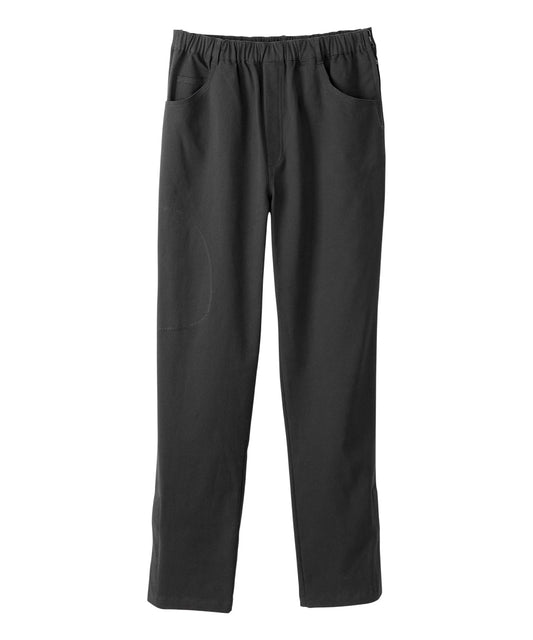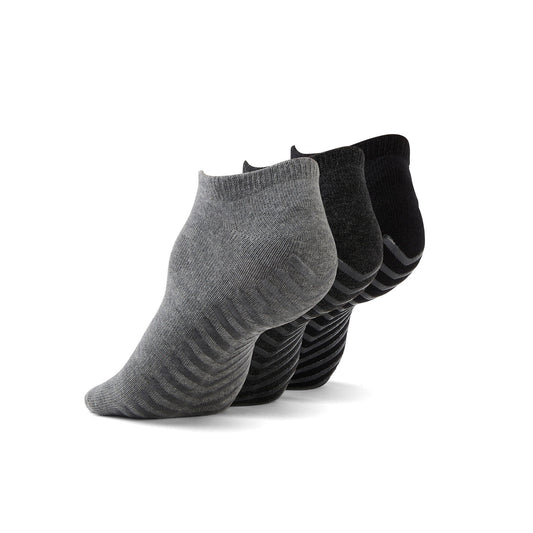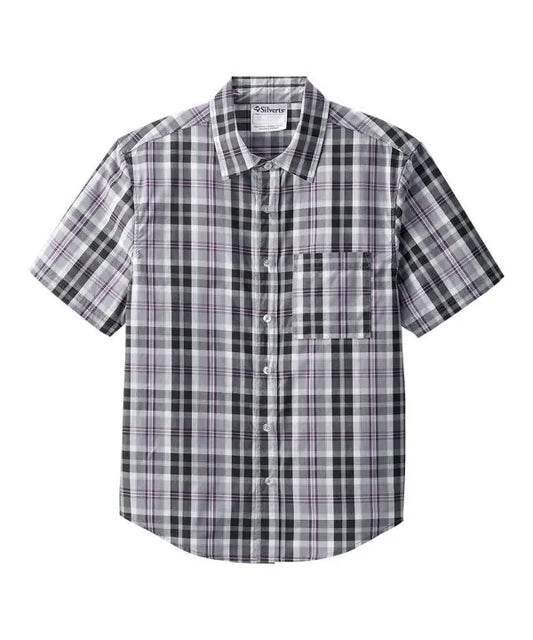Written & Reviewed by Alisa Matsushita-Bomba
It is incredibly important to stay healthy in all stages of life. No matter your age, your health and life satisfaction is critical to have a good quality of life and to stay happy. As people get older, it can get harder and harder to maintain your health as the body starts to show signs of wear and tear. This is normal, however it can decrease your sense of well-being and have a negative effect on your life, like having mobility issues or experiencing difficulty hearing. Minor illnesses can progress and get worse quickly, like the common cold, and lead to secondary infections like pneumonia. Having a chronic illness can also be impacted by these common diseases.
It is critical to reduce the likelihood of illnesses from impacting your daily life by strengthening your immune system and making healthy choices throughout older age.
Here are some tips on staying healthy when you are older:
Engage in physical activity:
Older adults still require physical activity to stay healthy. It can be beneficial in many ways. Physical activity can be an immune booster. Aerobic exercise such as walking or cycling can help improve your cardiovascular health by increasing heart rate and strengthening the heart and lungs. It can help reduce the risk of chronic diseases such as heart disease, diabetes, and cancer. It can help improve mobility, flexibility, and balance. It can help seniors manage their weight to maintain a healthy body mass index. It can also improve mental health and cognitive function, reducing the risk of dementia.
The recommended moderate to intense exercise older adults should aim for is 150 minutes a week. This can be done by doing 20-25 minutes of exercise everyday. You can check out this blog post for more about the benefits of exercise for seniors here for more details, as well as some ways to increase physical activity.
Use adaptive clothing:
Adaptive clothing is a game changer for older adults with mobility or dexterity issues, providing several health and well-being benefits. One of the primary benefits associated with adaptive clothing is that it makes dressing easier for older individuals with limited mobility. Adaptive clothing can help prevent falls and other injuries by reducing the physical strain of dressing. Magnetic closures, hook and loop fasteners, and snap buttons are all used in adaptive clothing in order to make it easy to get on and take off. These features make dressing much easier for elderly people who have arthritis or other conditions that impair hand strength and dexterity. Adaptive clothing also improves comfort for older adults. Clothing that is too tight or too loose can cause discomfort and even pain, but adaptive clothing is made to fit properly and comfortably June Adaptive is a one-stop shop for any adaptive clothing, shoes, and accessories. Check out their website here. Take a look at some of their clothing items below:



Take supplements:
Taking supplements like multivitamins can help get the proper vitamins and minerals your body needs to support your immune system and overall health. Our bodies require a balance of nutrients to maintain good health. There are 13 essential vitamins: vitamins A, C, D, E, K, and the B vitamins thiamine, riboflavin, niacin, pantothenic acid, biotin, B6, B12, and folate. Reduced absorption and metabolism of nutrients can occur as we age. This can be from multiple factors, such as the effect of medications or chronic health conditions. Vitamins are essential nutrients that play a crucial role in maintaining optimal health for older adults. They can help boost immunity, maintain bone health, reduce inflammation, enhance cognitive function, improve heart health, and promote eye health.
While vitamins can offer many health benefits, it's important to note that it's best to get them from a balanced diet rather than supplements whenever possible. This is because some vitamins can be harmful if taken in excessive amounts. A healthcare provider can advise on which vitamins and supplements may be beneficial for an individual's specific health needs. Always with your doctor before using a supplement, especially if you are on a prescription medication.
Eat a healthy diet:
A healthy diet is essential for maintaining optimal health and well-being, particularly as we get older. A diet high in fruits, vegetables, whole grains, lean proteins, and healthy fats can help lower the risk of chronic diseases like heart disease, type 2 diabetes, and certain types of cancer. In addition, a fiber-rich diet can promote digestive health and help prevent constipation. It can also boost the immune system and reduce the risk of infections and illnesses by including nutrients such as vitamins A, C, and E, as well as zinc and selenium.
A healthy diet can also help keep the mind healthy and lower your risk of cognitive decline and dementia. Foods high in omega-3 fatty acids, vitamins B6 and B12, and antioxidants may be helpful in maintaining brain health. A diet rich in protein, calcium, and vitamin D can also help maintain muscle mass and bone health, which is especially important for elderly people who are prone to falls and fractures. A balanced diet can also improve mood and energy levels, lowering the risk of depression and fatigue in addition to physical health benefits. Magnesium, iron, and B vitamin-rich foods can help boost mood and energy levels.
Manage stress:
Stress management is a must for maintaining optimal health and well-being, especially as we age. Chronic stress can cause a variety of physical and mental health issues, such as heart disease, stroke, high blood pressure, and depression. Stress management can help older adults reduce their risk of developing these long-term health conditions.
There are several ways to manage stress that can improve the health of older adults. It can strengthen the immune system and improve overall health by lowering the risk of infections and illnesses. In addition, stress management can improve mental health by reducing the risk of anxiety, depression, and other mood disorders. It can also assist older adults in developing resilience and better coping with life's difficulties. Older adults can develop the skills needed to deal with stress in a healthy way by learning appropriate ways to cope such as exercise or talking to a therapist. Managing stress can also improve sleep quality since stress can disrupt sleep and lead to sleep deprivation and other health issues. Seniors can improve their sleep quality and overall health in this way.
Schedule annual physicals:
Annual physicals are essential for the health of older adults. These check-ups play a role in the early detection of potential health problems, the monitoring of existing conditions, the identification of risk factors, the delivery of preventive care, and the development of a relationship with a healthcare provider. Annual physicals can help older adults maintain their health and well-being by detecting health problems early and providing preventive care. Additionally, these check-ups can assist older adults in managing chronic conditions and identifying potential health risks. It is critical for older adults to schedule regular annual physicals and collaborate with their healthcare providers to develop a health management plan.
Avoid interacting with people who are sick:
Avoiding contact with sick people can reduce the risk of being exposed to these germs. Infectious disease complications, such as pneumonia or influenza, are more common in older people. Older individuals may come into contact with vulnerable populations such as young children or people with weakened immune systems. They can help protect these populations from getting ill and reduce the spread of infectious diseases by avoiding sick individuals. To protect their health, older adults should practice good hygiene and avoid close contact with sick people. This includes frequently washing their hands, avoiding large crowds or gatherings, and wearing a mask in public if necessary. By avoiding contact with sick individuals, older adults can reduce their risk of contracting an infectious disease, prevent complications, protect vulnerable populations, and maintain overall health.
Use assistive devices if needed:
Assistive devices can have a significant impact on the health and well-being of older adults. The ability to promote independence is one of the most notable benefits of using assistive devices. Devices such as canes, walkers, and stairlifts can assist older adults in maintaining their mobility and performing activities of daily living in a secure and effective way. This increased independence can improve mental health and lead to a higher level of satisfaction in life. Falls are a major concern for older adults, as they can result in serious injuries and long-term disabilities. Assistive devices like grab bars, shower chairs, and bed rails can help reduce the risk of falls and provide support and stability during daily activities. Some devices may require training or adjustment to ensure proper use, so it is essential to work with a healthcare professional who can provide guidance and support.
Final notes
In conclusion, graceful aging means taking care of yourself physically, emotionally, and mentally. Using June Adaptive adaptive clothing is just one way to make becoming older easier and more comfortable for older adults. June Adaptive's adaptive clothing line, with its innovative designs and high-quality materials, helps older adults maintain their independence and dignity while enjoying the benefits of comfortable, easy-to-wear clothing. You can stay healthy, happy, and confident in your golden years by continuing to apply these tips and adaptive clothing into your daily routine.















